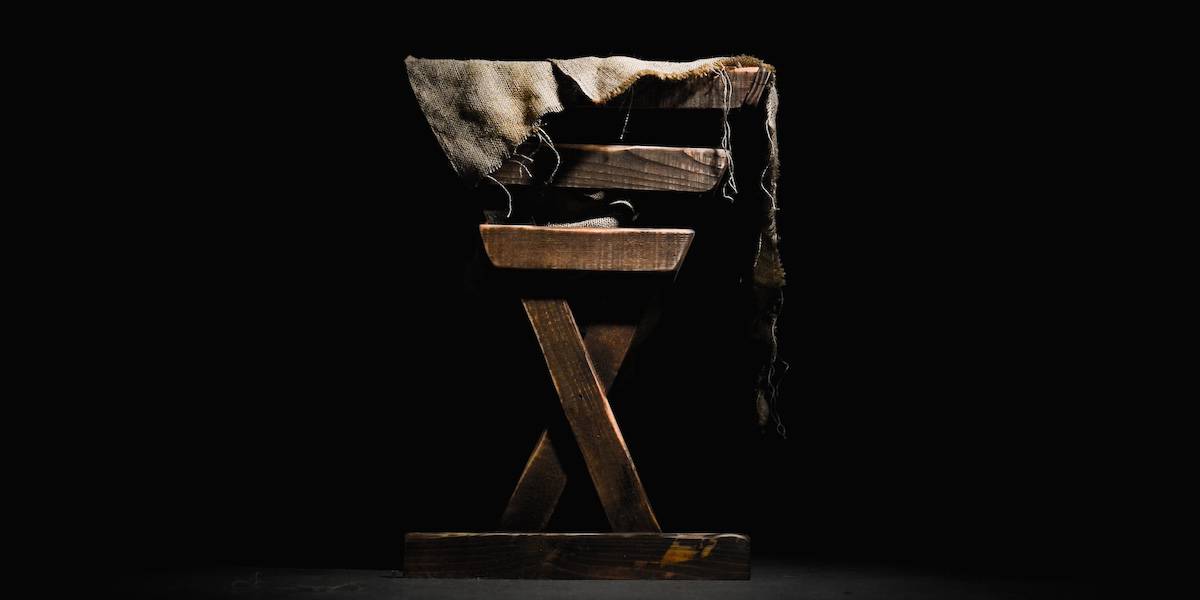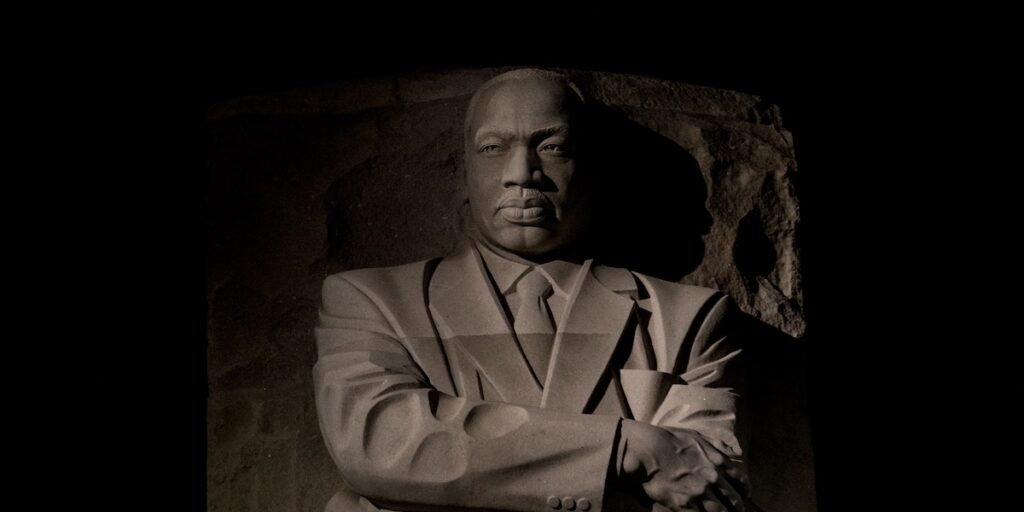I’m reading Dietrich Bonhoeffer’s little book on Christmas. It’s called God Is in the Manger.
Bonhoeffer is one of the most important theologians of the 20th century. He lived in Nazi Germany and was one of the few Christians who opposed Hitler.
You might have thought that the majority of Christians would have opposed the Nazis. Unfortunately, that was not the case. Most pastors and theologians supported and justified Hitler’s atrocities. If you are interested in a deep dive into this, I recommend the book, Theologians Under Hitler.
Bonhoeffer was different. He warned about the evils of Hitler before Hitler became the Fuhrer. He also helped to create an underground movement of nonviolent civil disobedience, until he recognized that the only solution was to try to kill Hitler.
Bonhoeffer didn’t take this decision lightly. He thought that following Christ meant total nonviolence, but the situation called for him to participate in an assassination attempt on Hitler.
Unfortunately, the Nazis discovered Bonhoeffer’s plan and arrested him. He was imprisoned for two years. Just a few weeks before the Allies defeated the Nazis, Hitler had Bonhoeffer killed.
Bonhoeffer wrote his reflections on Christmas while in prison.
Throughout his writings, Bonhoeffer understood that God’s power was shown in what humans generally understand as weakness. This idea comes from the life of Jesus, but specifically from Paul. Paul had visions of Christ while Paul suffered in his own prison. In one vision, he claims that Christ said to him,
“My grace is sufficient for you, for power is made perfect in weakness.”
It’s the paradox of the Christian faith. It’s the paradox of the Incarnation, of God made flesh. And it’s the paradox of Christmas.
Bonhoeffer knew this paradox well.
If God were to be born in the world, who would be God’s parents? Where would God be born?
God, who most think of as an omnipotent ruler, would be born to royalty in a palace. The Incarnated One would sit on a powerful throne of domination and glory, bending his subjects to his will. And att his birth, he would be surrounded by powerful dignitaries and soldiers.
But Christmas tells us a different story. Bonhoeffer writes, “The throne of God in the world is not on human thrones, but in human depths, in the manger. Standing around his throne there are no flattering vassals but dark, unknown, questionable figures who cannot get their fill of this miracle and want to live entirely by the mercy of God.”
When God was born into the world at Christmas, God was not surrounded by the powerful, but by animals. The announcement of God’s birth was made known not to kings and queens, but to shepherds.
That’s because Bonhoeffer knew what was true about Christmas: When God was born into the world, God showed all people – but especially the marginalized and the poor – our inherent worth. God became homeless Palestinian Jew who suffered violence as opposed to inflicting violence upon another. He became the outcast to show us that God is with the outcast because even outcasts have infinite worth.
As the Christmas carol “O Holy Night” declares,
Long lay the world in sin and error pining,
‘Til he appeared and the soul felt its worth.
May you know your infinite worth deep soul, in your bones, and in your flesh, this Christmas and always.





